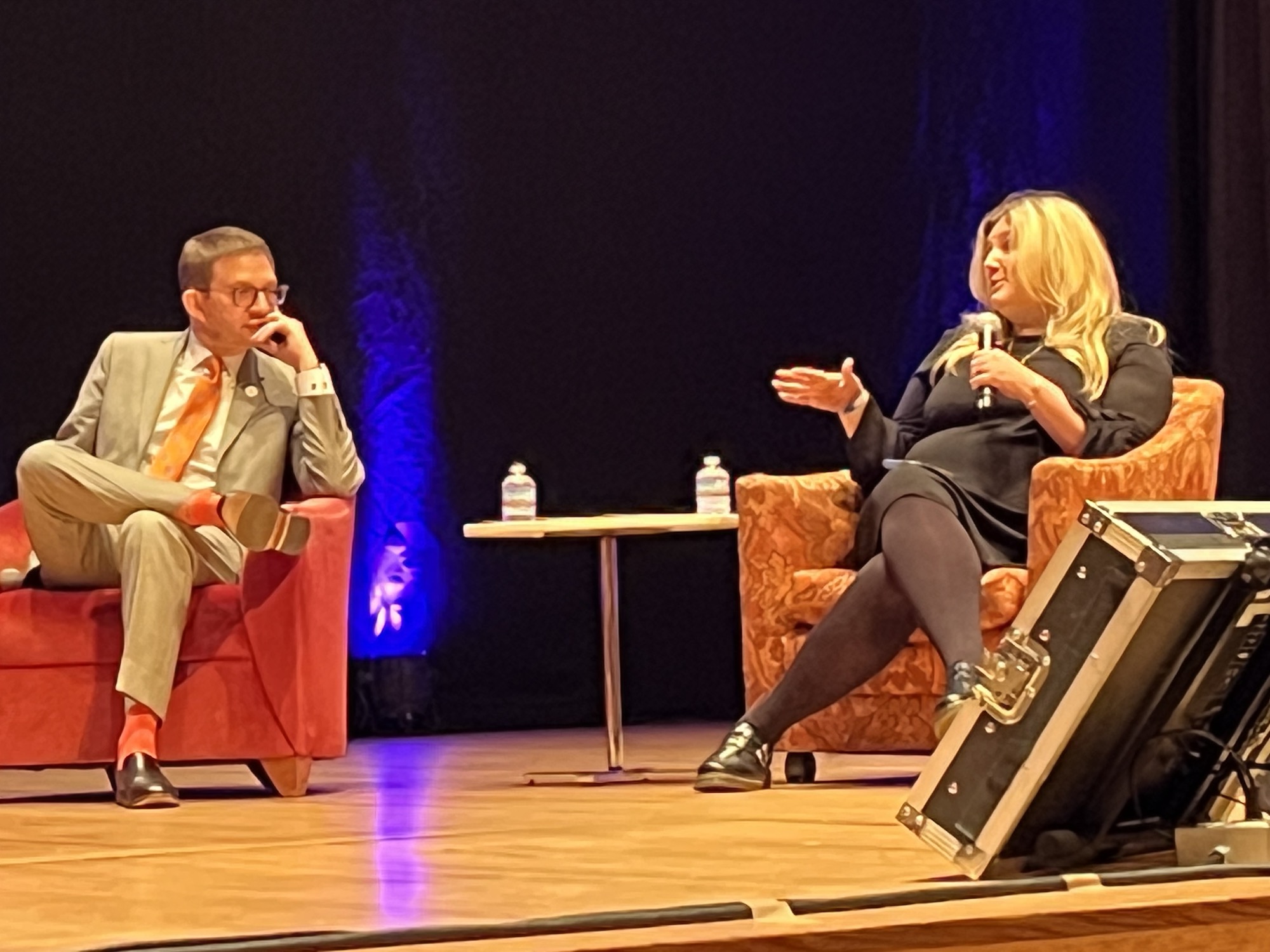
This week, Beth Blauer, founder of GovEx and Associate Vice Provost of Public Sector Innovation at Johns Hopkins University, participated in a panel on youth gun violence in Baltimore as part of the inaugural Impact Maryland event, hosted by the Baltimore Banner.
Moderator Dr. Josh Sharfstein, Vice Dean for Public Health Practice and Community Engagement at Johns Hopkins University, opened the panel by asking Dr. Thomas Scalea, Physician-in-Chief of the R. Adams Cowley Shock Trauma Center at the University of Maryland Medical Center, to ground the conversation by talking about his experience treating youth victims of gun violence and the devastating experience of communicating with their families.
Next, Dr. Sharfstein asked Beth Blauer to talk about the data around youth violence and Blauer said that it has been difficult for public officials to create policy to address the issue because the data is “clear as mud.” “We need to have a much more focused, agile way to collect this data and release it so decision makers can be as responsive as possible,” she said, and went on to raise the possibility of a gun violence dashboard akin to the Coronavirus Resource Center that GovEx helped create to support public officials in addressing the COVID-19 pandemic.
Daniel Webster, Bloomberg Professor of American Health at Johns Hopkins Bloomberg School of Public Health, who recently spoke at GovEx’s offices, said “we have ingredients to be effective at solving this problem,” citing the work of Safe Streets and Roca, a violence reduction program represented on the panel by James “JT” Timpson, managing director of community violence initiatives for the organization. “But we haven’t been able to put all the pieces together in an effective way.”
As the conversation wound down, Blauer discussed the need for leadership and collaboration that brings together city and community stakeholders together to address the problem, noting that Baltimore City’s Group Violence Reduction Strategy “has been effective because it engaged stakeholders and was very focused on a community-led playbook.”



